SEPTEMBER 13, 2024 | 17th Anniversary of UNDRIP
.jpg)
Today, we commemorate the 17th anniversary of the UNDRIP!
UNDRIP stands for the United Nations Declaration on the Rights of Indigenous Peoples. It is a comprehensive international document that outlines the rights of Indigenous peoples worldwide, emphasizing their right to maintain and strengthen their distinct cultural traditions, political institutions, and spiritual practices.
Adopted by the United Nations General Assembly in 2007, UNDRIP sets global standards on the treatment of Indigenous peoples and addresses issues such as:
- Self-determination: The right to govern themselves and make decisions affecting their lands, resources, and communities.
- Cultural preservation: The protection of Indigenous languages, customs, and traditions.
- Land rights: Recognition of the traditional territories and lands Indigenous peoples have historically occupied.
- Consultation and consent: Ensuring Indigenous peoples are meaningfully consulted in decisions affecting them and their territories, including the concept of Free, Prior, and Informed Consent (FPIC).
Although Canada was one of the four countries (along with the U.S., Australia, and New Zealand) that voted against the adoption of UNDRIP in 2007, it has since shifted its stance. Canada reversed its position in 2010, officially endorsing UNDRIP, and later committed to implementing it through national and provincial legislation. The Canadian federal government passed legislation, Bill C-15, the United Nations Declaration on the Rights of Indigenous Peoples Act, in June 2021, which commits to aligning federal laws with UNDRIP.
The Declaration on the Rights of Indigenous Peoples Act (DRIPA) was passed into law by the provincial government of British Columbia on November 28, 2019. DRIPA was a landmark piece of legislation aimed at aligning provincial laws with UNDRIP to strengthen relationships with Indigenous peoples and address historical injustices.





